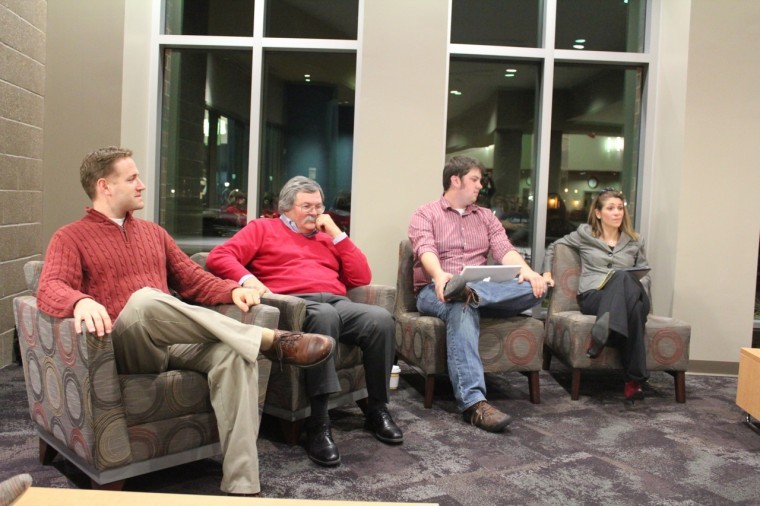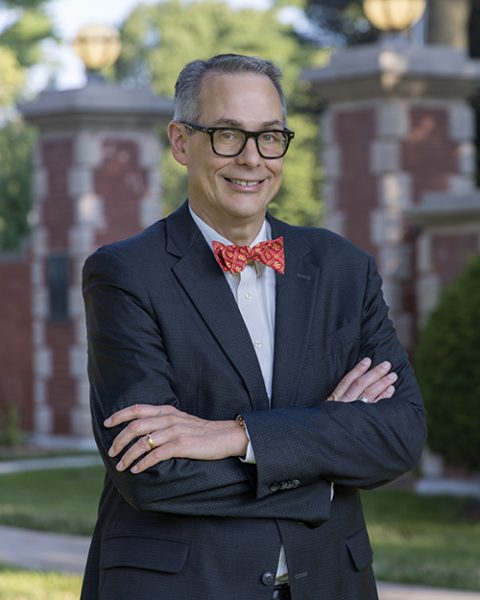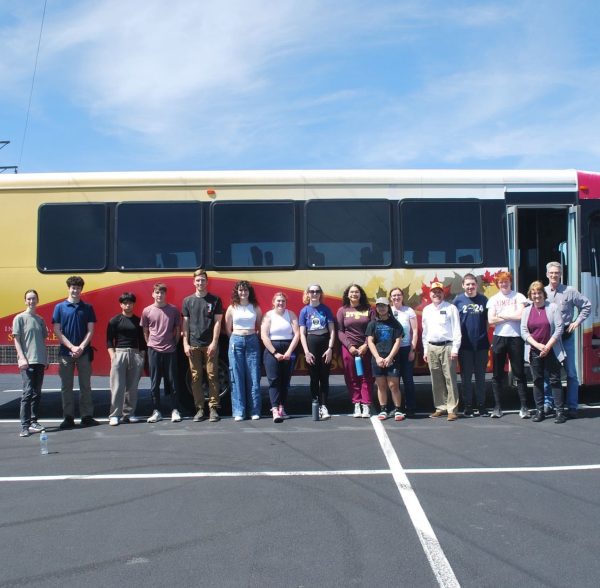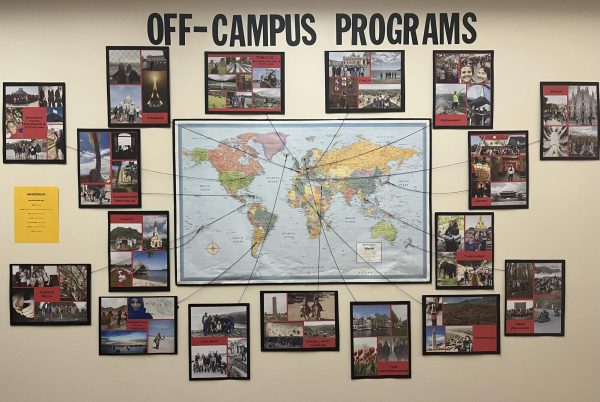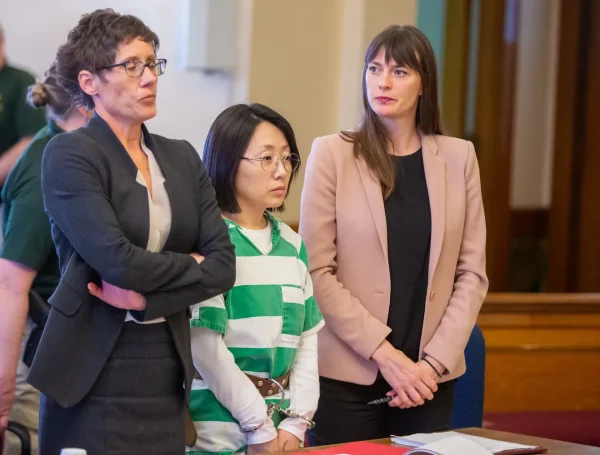Post election discussion provides insight for future elections
November 17, 2012
The Simpson community gathered in the Kent Campus Center atrium to hear what three faculty panelists weigh in on the outcome of the election and what to look for in future elections.
The panelists for the discussion were Professor of Political Science John Epperson, Department Chair of Political Science Kedron Bardwell and Assistant Professor of Communication and Media Studies Lisa Carponelli with senior moderator Grant Rodgers.
The panelists looked at a number of things that went on during the course of this election including the impact of the youth vote and the role of the media in the election.
The first question Rodgers asked the panelist was, ‘What implications they could draw from the way the youth voted in this election and drew them to Obama.’ Bardwell said that there are numerous issues that are important to young people including things like gay marriage and the environment.
“The progressive position on those issues are much more attractive to them and so in that sense, if the republican part stays where it is on these issues, they will have a bit of an uphill climb,” Bardwell said.
During this part of the discussion, Carponelli asked the youth in the audience what issues mattered to them individually in this election. The answers from most of the crowd either had to do with economic or social issues.
“Without question, the biggest focus of this election was on the economy and it seems to veer out for what young voters are interested in,” Carponelli said, when speaking about what issues the media covered the most.
These answers led the Rodgers to ask if they felt the actual issues, or the organization of the campaigns impacted the youth vote.
“The question of policy and the question of turnout are kind of two different questions,” Bardwell said. “The policy question is why do people vote the way they do and the other question is how many people can you get out to vote.”
Epperson commented, saying that the Obama campaign did a good job figuring out what voters they needed and targeted them specifically.
On thing Carponelli pointed out about this is how the media didn’t focus a lot on the issues but instead trying to predict the election, “the horse race,” or the campaign itself.
“So much of what happens in the media nowadays is you cover the race itself, not the issues,” Carponelli said.
Another big question Rodgers asked the panelists was what they thought is going to come next for the Republican Party and if they will need to recalibrate their platform.
One aspect both Epperson and Bardwell spoke about with this is the fact that the Republican Party needs to do a better job reaching out to the Hispanic voters.
Another question that was asked was whether or not the Republican Party would need to shift their identity on certain issues to better reach voters and have their candidates selected by likeability.
“I think in five to 10 years, the Republican problem is going to be an identity problem, not around candidate likeability, but where they end up on these sensitive issues,” Bardwell said.
Other points that were brought up during the discussion were thoughts on campaign advertisements and the role of the Iowa caucuses possibly determining a future Republican candidate.
After the discussion, the Simpsonian spoke to several students to gauge their thoughts on the event and what the panel had to say.
“I enjoyed listening to people that reasoned well and provide information, especially with Lisa Carponelli talking about how it relates to the media,” freshmen Brock Borgeson said.
“I really didn’t know what to expect from the panel so I came with an open mind, and I really enjoyed it and learned a lot about the analyzing in the media and everything’s role in how the election turned out,” sophomore Valerie Goodhue-Nolte said.



